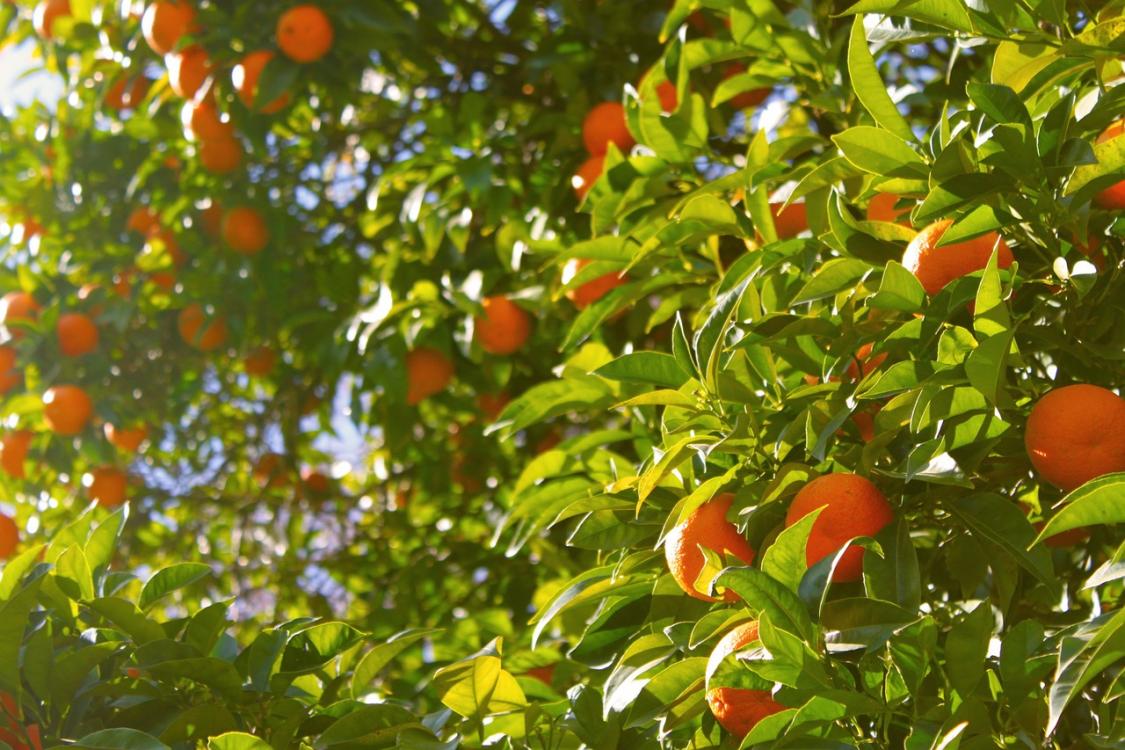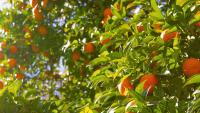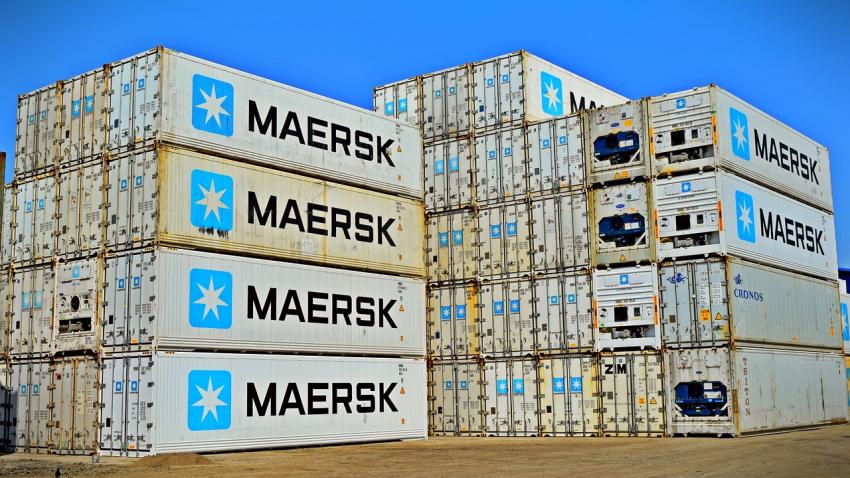You are here
Back to topUSDA Releases 2020/21 China Citrus Annual Report

Following the onset of the COVID-19 pandemic, Chinese consumer demand for fruits rich in vitamin C has increased. One product that has seen a particular spike in demand is oranges, according to the China Citrus Annual GAIN Report from the U.S. Department of Agriculture, which was published in December. According to the report, fresh orange consumption in China is projected to rise from the marketing year (MY) 2019/20 estimate of 7.24 million metric tons (MMT) to 7.36 MMT for MY 2020/21, with import volumes set to rebound after falling sharply last season.
Production
The report forecasts that MY 2020/21 orange production will grow to 7.5 MMT, up from the previous estimate of 7.4 MMT. The primary reason for this growth is increased planting of orange trees in Jiangxi, among other provinces. Furthermore, excellent weather conditions and plentiful rainfall in key growing regions will likely result in a bumper crop this season.
Increased production volumes compared to previous years are exerting downward price pressure, and a large harvest in MY 2020/21 will only continue this trend. It is currently projected that orange tree planting will slow in future years as the industry becomes more saturated and profits shrink.
There are many orange producing regions in China, including Jiangxi, Sichuan, Chongqing, Hunan, Hubei, Guangxi, Hainan and Yunnan provinces. In these areas, several types of sweet oranges are grown, not just the navel orange. Some varieties, such as red-fleshed oranges, are seeing increased planting rates due to their higher profit margins.
Prices in the beginning of MY 2020/21 have been relatively low for orange producers in southern Jiangxi, averaging around 5–5.6 Chinese yuan ($0.72–0.80) per kilogram. In supermarkets, consumers can expect to pay approximately 8–11.6 yuan ($1.22–1.77) per kilogram for bulk navel oranges. However, a noticeable development in China’s orange market is the increasing popularity of pre-packaged, branded navel oranges being sold via e-commerce platforms. Depending on the grade, prices can range from 10.8–25.2 yuan ($1.65–3.85) per kilogram, a stark difference from bulk navel oranges. Take Nongfu Spring as an example. Perhaps best known for bottled water, Nongfu Spring also sells navel oranges under the brand 17.5° Orange. Prices range from 75 yuan ($10.80) for a 3 kg box to 98 yuan ($14) for a 5 kg box.

Imports
Assuming that the Chinese economy continues to recover from the COVID-19 pandemic, China’s fresh orange imports are expected to grow slightly. It is currently projected that MY 2020/21 imports will grow to 290,000 MT, up from the MY 2019/20 estimate of 288,000 MT. China will continue to depend on fresh orange imports from Egypt, South Africa, Australia, the U.S. and Spain.
During MY 2019/20, China’s fresh orange imports dropped off steeply, ending seven years of consecutive growth. This slump primarily occurred around the 2020 Spring Festival, when ports and shipping companies came to a standstill due to COVID-19. For MY 2019/20, fresh orange imports fell by 41% from Egypt, 15% from South Africa, 37% from Australia and 80% from Spain.
Exports
MY 2020/21 exports of Chinese fresh oranges are expected to increase by 5%, to 55,000 tons. This, however, assumes that the Chinese economy will continue to recover, shipping routes remain open, orange production increases and foreign demand grows. MY 2019/20 statistics show that Vietnam purchased 60% of Chinese fresh orange exports, but China’s orange exports to Vietnam fell by 18% compared to the previous marketing year. Other markets critical for Chinese orange exporters are the Philippines, Malaysia, Russia, Hong Kong and Thailand.
Images: Pixabay (main image), Nongfu Spring (body image)
This article was translated from Chinese. Read the original article.













Add new comment